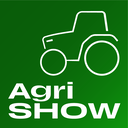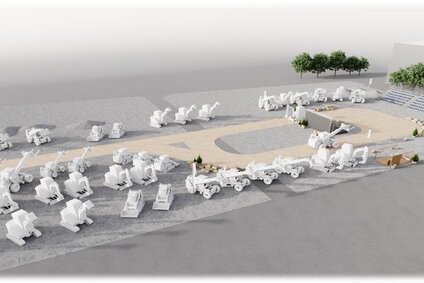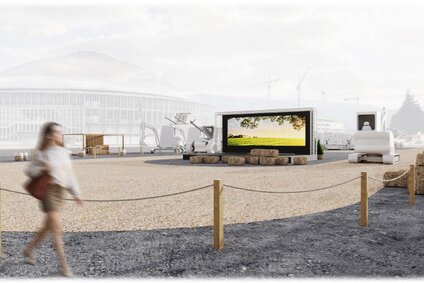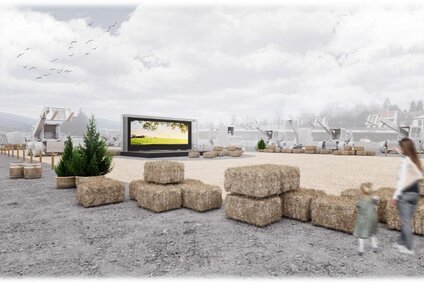A Space for Showcasing Smart Forestry Technologies
July 23, 2025 / 1:00 PM
The Smart Farm was introduced at the Brno Exhibition Centre as part of the agricultural and forestry trade fairs in 2024. In cooperation with universities and experts from agricultural enterprises, a space was created to showcase the latest technologies in crop and livestock production, enhanced with live exhibits.
In 2026, we will continue to build on this concept, this time expanding it to include smart technologies for forestry. At the heart of the Smart Farm will be the Smart Stage, serving as a platform for presenting and sharing the latest insights, trends, experiences, and for engaging discussions.
Smart technologies in forestry enable more accurate forest management, reduce operational costs, improve work safety, and help protect nature. They are a key tool for modern and sustainable 21st-century forestry.
Benefits of Smart Technologies in Forestry
Efficient Forest Monitoring - Drones and satellite imagery make it possible to regularly monitor the health of forests, track bark beetle infestations, or detect illegal logging. They help quickly identify affected or dying trees and enable timely intervention.
Data-Driven Decision-Making - Using sensors, IoT devices, and data platforms, it is possible to monitor soil moisture, temperature, precipitation, and growth conditions. With this data, forest operations such as planting, thinning, or harvesting can be precisely planned.
Forest Mapping and Management - Geographic Information Systems (GIS) support detailed planning and record-keeping of forest stands, timber inventories, and harvesting schedules. Digitization simplifies long-term forest management and oversight.
Automation and Robotics - The use of robotic machines and smart harvesters increases the efficiency of timber harvesting and reduces labor demands in challenging terrain. It also improves the safety and precision of operations and helps reduce the carbon footprint.
Sustainable Forest Management - Smart technologies support the monitoring of environmental parameters and help maintain a balance between harvesting, replanting, and biodiversity. They also make it easier to meet certification standards (e.g., FSC, PEFC).
Risk Prevention and Management - Smart systems provide early warnings of fires, floods, or windstorms, helping to reduce damage through timely responses.
Concurrently with a New Agricultural Trade Fair Concept
The new AGRISHOW agricultural fair will integrate plant and animal production, technologies for modern farming, and current trends in precision agriculture.
The comprehensive agricultural showcase will be complemented by the National Livestock Exhibition, which will present the best of animal production through competitive championships and breeder showcases.
In parallel, the BIOMASA specialized fair will take place, focusing on renewable resources in agriculture and forestry. Visitors will gain insights into the best methods for processing and utilizing firewood, wood chips, pellets, composting, equipment, and biogas plants. The program will address the use of wood biomass energy and composting practices.
The entire complex of fairs will now follow a new four-day format. This compact duration will allow for a higher concentration of professional activities and more efficient participation costs.
The new format better reflects the needs of exhibitors and visitors looking for a comprehensive overview of modern agriculture in all its facets.






